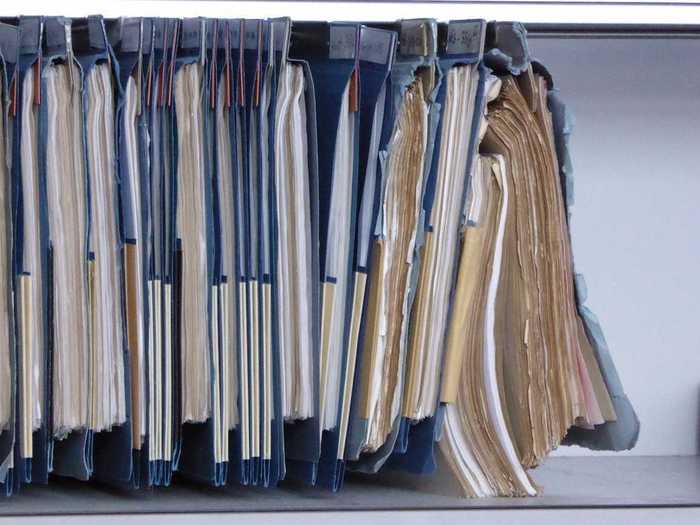- Home
- slideshows
- miscellaneous
- 7 signs you'll be ready to buy a house in 5 years
7 signs you'll be ready to buy a house in 5 years
You're already saving up for a down payment

You are keeping debt at a minimum

Mortgage companies will look at several factors when approving you for a home loan and this includes how much debt you have. Many lenders even set a maximum debt-to-income ratio for their customers, meaning you may not qualify for a mortgage if you have a debt-to-income ratio over, say 43% or 45%.
To get into the home you want, it's smart to start limiting the debt in your life now. Not only will this help you qualify for a mortgage, but limiting debt helps you save money on interest payments.
If you do have a lot of debt, you'll want to start tackling it now if you hope to become a homeowner in five years. Start by paying off high-interest debt like credit card debt, then move onto car loans, student loans, and any other debts you have.
Your credit score is on the upswing

While you can get a mortgage from the FHA with a credit score as low as 500 provided you have a 10% down payment, you'll have more mortgage options and will qualify for better rates and loan terms if you have good or excellent credit — or really any FICO score of 670 or above.
Read more: What is a good credit score to buy a house?
If you're able to start improving your credit now, you could be in great shape five years from now. According to myFICO.com, the most important factors that make up your credit score include your payment history (35%) and the amounts you owe in relation to your credit limits (30%).
As a result, you should strive to pay all your bills early or on time and pay down debt to decrease your credit utilization. Those two steps should go a long way toward boosting your score in a hurry.
You are on a path toward higher earnings

While paying down debt can lower your credit utilization and improve your debt-to-income ratio, the inverse of that involves increasing your income.
Hopefully, you'll be earning a lot more than you are now in five short years. If that's the case, your entire financial picture will look better and you're much more likely to qualify for the home loan you want.
But that doesn't mean you should let debt get out of control. If you keep debt at a minimum and grow your earnings over the next five years, your shot at homeownership is even better.
Read more: How to make money from home, without going to an office every day
You're saving for retirement and other goals

If you're not saving for retirement yet, you should get started now ... as in, right away. The power of compound interest only works in your favor if you start investing now. The longer you wait, the more you'll have to save every year just to reach the same goals.
What does this have to do with homeownership? A lot, actually. Investing small amounts now will help you grow a nest egg you can build upon once you become a homeowner. If you wait and put it off, that means you'll have to save more later — a move that could leave you with less extra money to use for a mortgage payment.
You have an emergency fund

Homeownership requires you to pay a lot more than property taxes and a monthly mortgage payment. You also have to pay for homeowners insurance, upkeep, and repairs.
If you don't want to mow your grass or do your own landscaping, you'll have to pay for help with that, too. And, what about replacing flooring or buying the granite countertops you've always wanted?
The bottom line: You'll need lots of extra money once you own a home.
But an emergency can compromise your ability to afford your home more quickly than you realize. If you lose your job or have a medical emergency, you'll need a stockpile of extra cash to manage the unexpected costs and still have enough cash for your housing expenses. Experts recommend three to six months' worth of living expenses, depending on your situation, stored in a liquid account like a high-yield savings account.
You'd be smart to start saving now.
You know how to stay on top of bills

Finally, don't forget that a monthly mortgage payment is a huge commitment that you shouldn't take lightly. If you stop paying your mortgage payments, you'll eventually lose your home to foreclosure.
Renters have a leg up when it comes to easing into homeownership because they're used to paying a large monthly amount toward housing, but someone who lives with their parents may be at a disadvantage.
If you want to prepare yourself for the realities of homeownership, it can help to start saving the equivalent of a mortgage payment starting now. Put this money into a high-yield savings account and leave it alone. By the time five years is up, you'll be used to making a mortgage payment each month and have plenty of cash to buy a home you'll love.
Popular Right Now
Popular Keywords
Advertisement